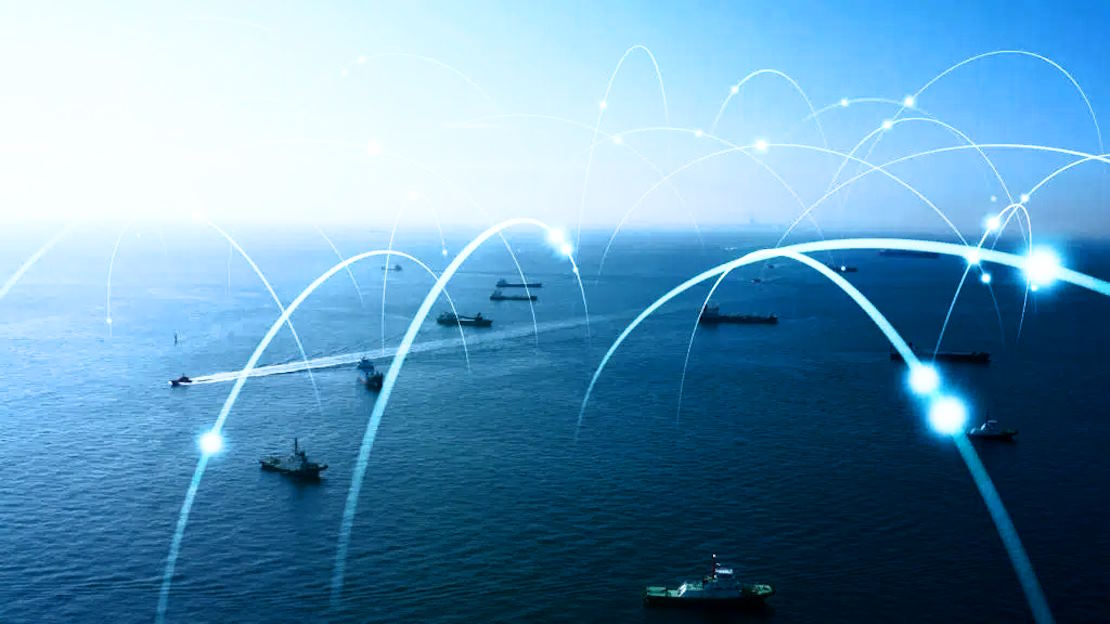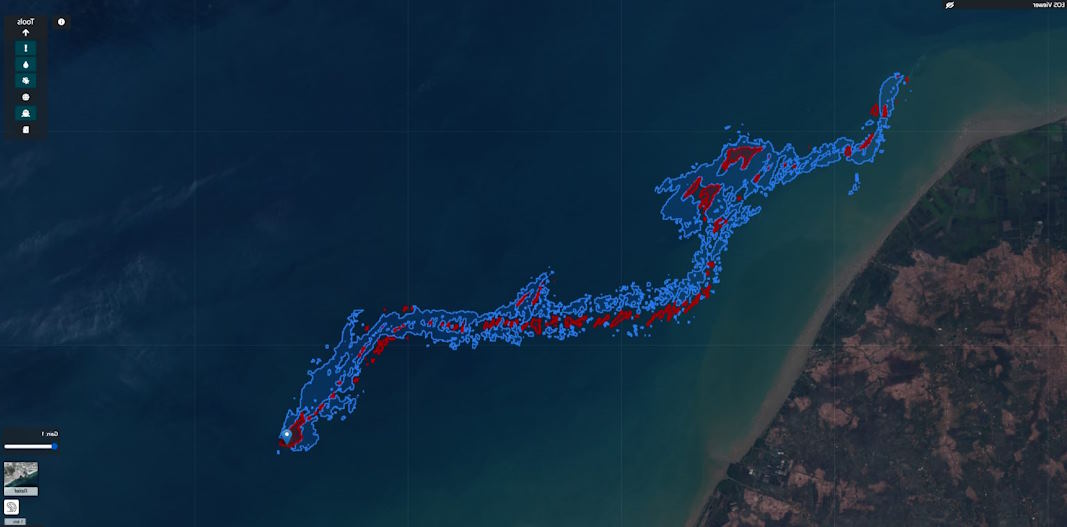
Artificial Intelligence in Oil Spill Monitoring and Management
In today’s fast-paced world, technology has become a formidable ally in addressing complex challenges, including oil spill monitoring and management. This article delves into the transformative role of artificial intelligence (AI) in effectively monitoring and responding to oil spills, highlighting the use of AI analytics in oil spill contingency planning and navigating the integration of AI into oil spill management strategies.
Harnessing AI for Effective Oil Spill Monitoring and Response
- AI-Powered Remote Sensing
AI algorithms can analyze satellite and drone imagery to detect and quantify oil spills. The speed and accuracy of AI-driven remote sensing help in rapid response and containment.
- Predictive Analytics
AI models can predict the trajectory and potential impact of an oil spill based on ocean currents, weather conditions, and spill characteristics. This information aids in proactive planning and resource allocation.

AI Analytics in Oil Spill Contingency Planning
- Data-Driven Decision-Making
AI analytics process vast amounts of data in real time to support decision-making during oil spill emergencies. This includes assessing environmental risks, optimizing response strategies, and minimizing damage.
- Environmental Sensing Networks
AI-driven sensors continuously monitor water quality and alert authorities to any anomalies. Timely data from these networks enhances situational awareness and response coordination.

Navigating the Integration of AI in Oil Spill Management
- Human-Machine Collaboration
AI augments human expertise by processing data at a scale and speed that is impossible for humans alone. Experts and AI systems work together to make informed decisions.
- Continuous Improvement
Ongoing AI model training and refinement ensure adaptability to changing spill conditions and environmental factors. This iterative process enhances the accuracy of AI-driven predictions.
Artificial intelligence has revolutionized oil spill monitoring and management, offering real-time insights, predictive capabilities, and data-driven decision-making. By harnessing AI for remote sensing contingency planning and integrating it into oil spill management, we are better equipped to respond swiftly and effectively to environmental disasters. As technology continues to advance, our ability to safeguard ecosystems and mitigate the impact of oil spills grows stronger, reaffirming the essential role of AI in preserving our planet’s delicate balance.